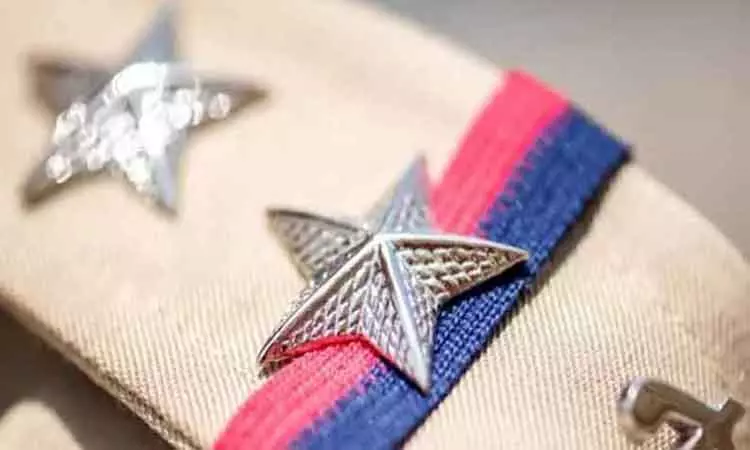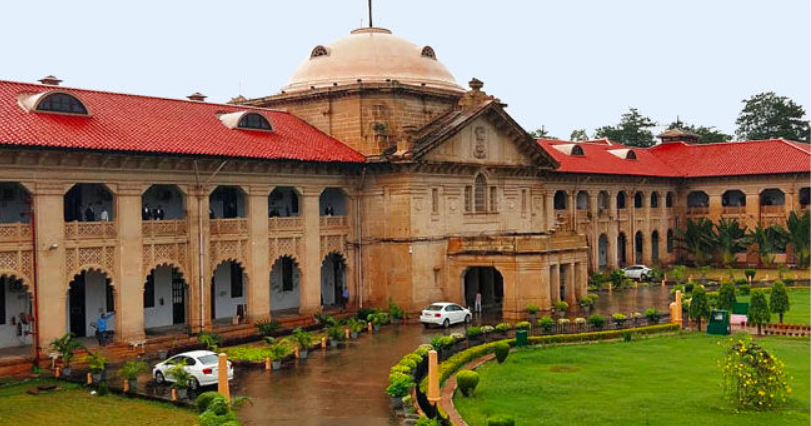The NGT Bench at Bhopal said that under the guise of celebration, nobody can be permitted to infringe on the right to health of others, more particularly senior citizens and children.
The Bhopal division of the National Green Tribunal (NGT) has recently emphasized the strict adherence to directives from the Supreme Court and the NGT’s principal bench regarding the regulation and restrictions on the use of firecrackers.
A panel consisting of Justice Sheo Kumar Singh, a judicial member, and Dr. Afroz Ahmad, an expert member, stressed that no one should infringe upon the fundamental right to health, as guaranteed by Article 21 of the Indian Constitution, under the pretext of celebrations.
According to the NGT, celebrations should not come at the expense of others’ health. The court stated, “Under the guise of celebration, nobody can be allowed to violate the right to health of others, as guaranteed by Article 21 of the Constitution of India, and nobody can be allowed to play with the lives of others, especially senior citizens and children.”
The court also clarified that there is no “total ban” on fireworks. Only those fireworks deemed harmful to citizens’ health, particularly children and the elderly, have been prohibited. The tribunal cautioned authorities against permitting the use of banned fireworks under the guise of celebrations.
In the 2018 case of Arjun Gopal vs. Union of India, the Supreme Court of India banned certain categories of firecrackers and ordered the regulation of remaining varieties. The Supreme Court also specified time periods during which firecrackers could be used during Diwali and other festivals. In 2021, the Supreme Court issued directives to prohibit the sale of banned fireworks.
Subsequently, on October 31, 2021, the Madhya Pradesh Home Ministry issued directives to all state collectors and police superintendents, which pertained to the inspection and testing of firecrackers and obtaining commitments from firecracker vendors to ensure compliance with government directives. However, these directives were not followed, leading to noncompliance with orders from the Supreme Court and the NGT.
As a result, a petition for execution was filed with the Central Zone Bench of the NGT, seeking the enforcement of previous orders.
The NGT pointed out that in 2020, the principal bench of the NGT had ordered a ban on the sale and use of firecrackers during Diwali in areas with ‘poor’, ‘very poor’, or ‘severe’ air quality. The use of green firecrackers was restricted in cities and communities with ‘moderate’ or lower air quality, and they were only permitted for two hours during festivals.
However, in an order dated October 19, the Bhopal division of the NGT observed that banned fireworks were still being sold, sometimes under the guise of green crackers. The court expressed disappointment over the blatant disregard of earlier directives.
The NGT reiterated that given the harmful effects of the banned fireworks, the states must ensure strict compliance with all Supreme Court, NGT, and government directives. It held state administrations and Union Territories accountable for any violations. The NGT stated that if banned firecrackers were found to be manufactured, sold, and used in any particular area, certain officials would be held personally liable.
The district magistrates of Gwalior, Indore, Bhopal, and Jabalpur were instructed to monitor air quality regularly and take necessary steps to maintain acceptable air quality levels in their respective cities. The matter is scheduled to be heard again on November 8.



